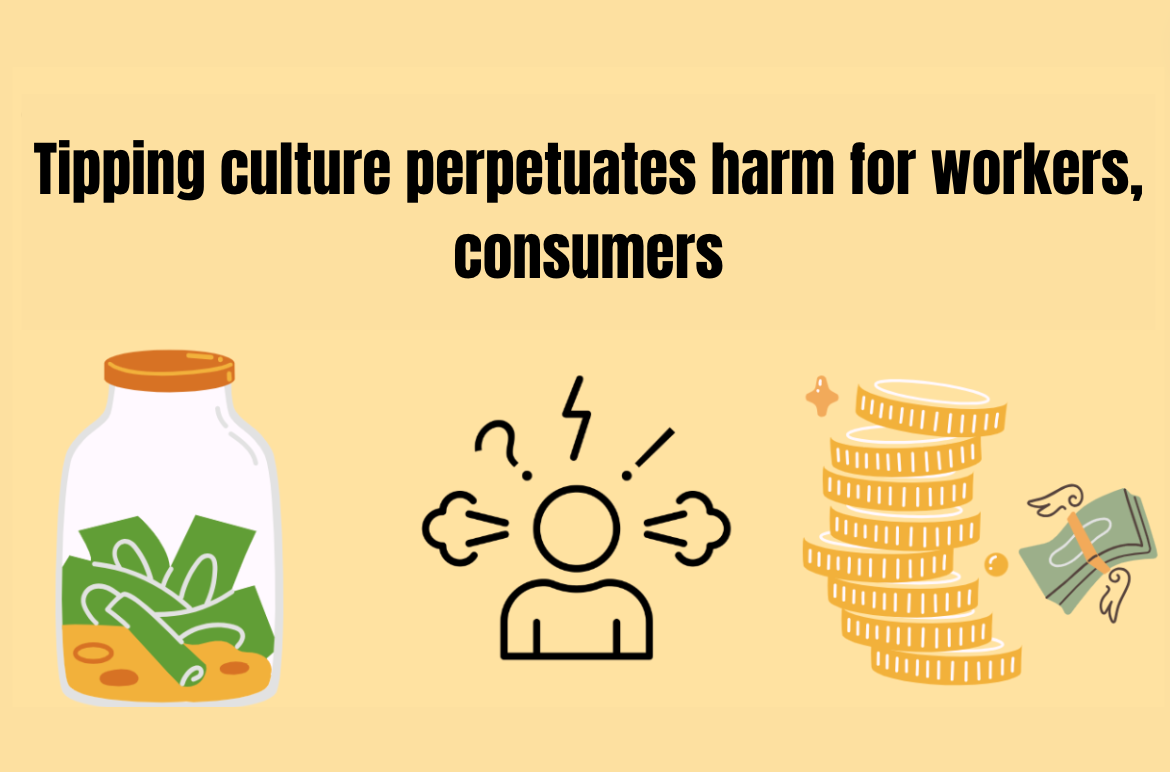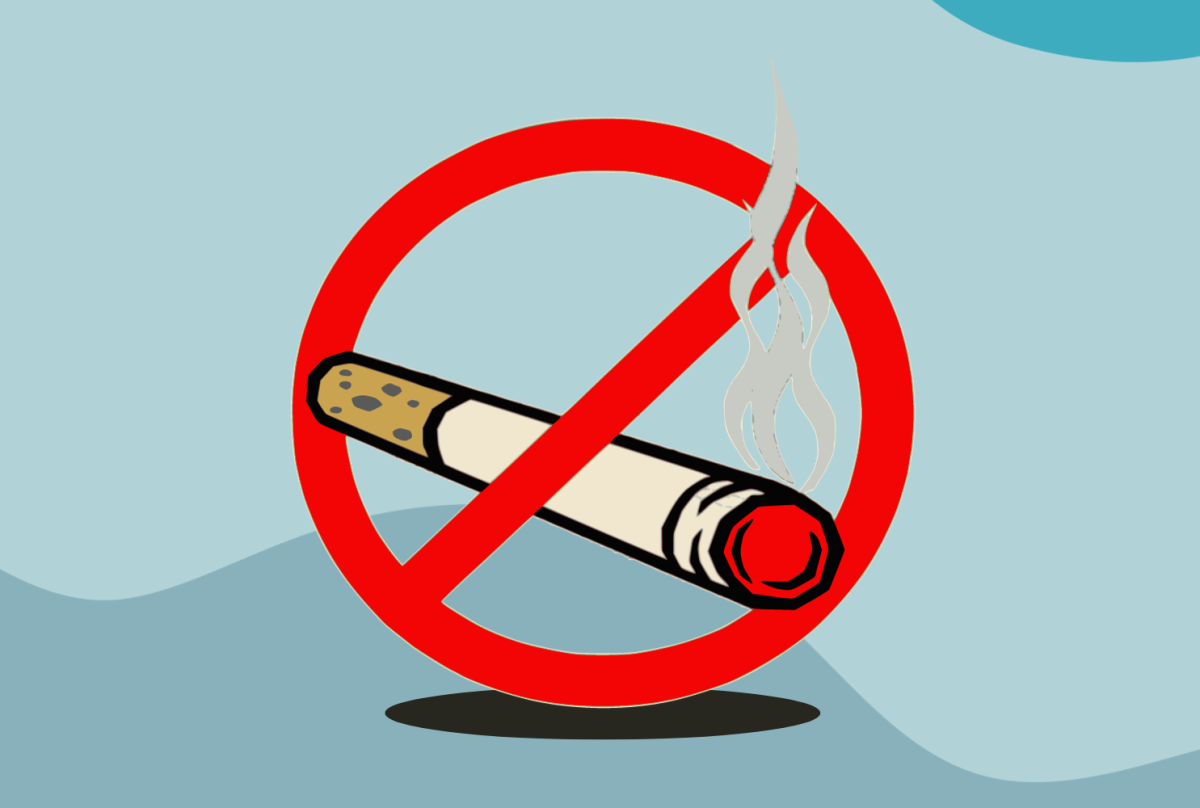On September 1, 2014, I was diagnosed with Type 2 Bipolar Disorder. When I was diagnosed, my first thought was not of my health; instead, I immediately thought of the stigma surrounding the disease.
Just to dispel any confusion: I do not go from happy to furious within 10 seconds, nor do I experience volatile mood swings on a daily basis.
The true effects of bipolar diverge from the widely held conceptions rather greatly. In reality, people like me who have Type 2 Bipolar go back and forth between two phases known as the depressive phase and the manic phase.
During the depressive phase, it is essentially the same as being clinically depressed, and this tends to last much longer than the manic phase. Such is the extent of the depressive phase’s debilitation that I found myself unable to attend my Alternative trip at the beginning of the school year as I struggled with suicidal thoughts.
On the flip side, there is the manic phase. There is a common misconception that this is a rather cheery, pleasant experience when in actuality it is the more difficult phase to manage. Typically, these phases last around a third of the depressive ones for me, and they can be extremely disorientating. Illusions of grandeur, unwarranted self-confidence, reckless behavior and an inability to sleep all tend to be byproducts of the phase – not endless happiness as it seems to be publicly believed.
The stigma is something that I regularly encounter within the High School, and while there is little to no malice in its perpetuation, it still exists. A lot of this stigmatization is because of a lack of education leading to misconceptions surrounding diseases like bipolar.
The most common manifestations of the stigma that I witness are casual references to mental disorders, and this is true for all mental illnesses, not just bipolar. When the term “depressed” is thrown about, it is trivializing a serious disease that many in our community struggle with. When a teacher’s short temper is referred to as “bipolar” by students, it is making light of a disease that defines many people’s identities and daily life.
This is something that needs to be actively, and aggressively, addressed. The administration is so greatly concerned with making the school’s environment as “safe” as possible, yet this problem seems to garner little attention. These microaggressions that occur on a daily, if not hourly basis, are an issue not only regarding mental health, but all other societal ills, such as racism and sexism, where casual reinforcement of misconceptions is a large part of the problem.
The stigma surrounding mental health is rooted in the archaic belief that because the problems are less tangible than other illnesses, their existence is up for debate. Diseases such as bipolar are just as real as cancer or diabetes. That huge misconception regarding the legitimacy of the disorders can only be addressed through education, and said education must be authentic and come from those who speak from experience.
For that reason, I encourage anyone in a similar situation to mine to speak up: You are not alone, and your problems are not something to be ashamed of. By people who truly understand the struggle of mental illness being forthright and candid about their experience, others will listen, learn and, most importantly, empathize.
While at first I treated my illness as an illicit thing only my closest friends knew about, it is now something that has become central to my identity, and proudly so. People with mental illnesses are not the problem, it is the stigma that surrounds them that is the problem; and, together, we must fight that problem.







